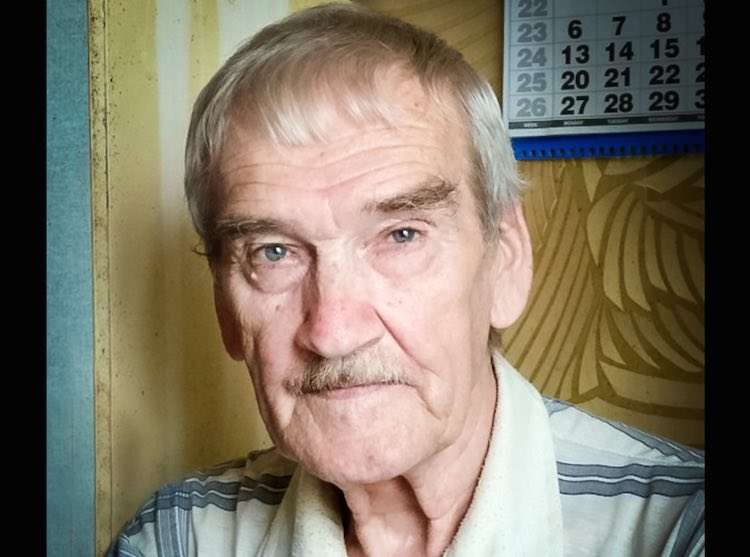Snuggly Adoptable Kittens Cheer Up Morning Commuters on This Train in Japan
This Japanese train just played host to some very special passengers: 30 kittens who were raising adoption awareness during the morning commute.

The Soviet military officer Stanislav Petrov who single-handedly averted a worldwide nuclear war when he chose to believe his intuition instead of the computer screen, has died at age 77.
His country, the Soviet Union, was already on high alert in 1983, expecting retaliation for its downing of the Korean Air jet, when the Lieutenant Colonel saw an indication on the computer that the U.S. had launched a nuclear missile attack against them. He had no confirmation of the launch and only minutes to decide his course of action.
He was the officer on duty at the Serpukhov-15 bunker near Moscow on September 26, when the Cold War was at a peak. Just three and a half weeks prior, the Soviets had shot down a Boeing 747, killing all 269 people on board. It was Lt. Col. Petrov's responsibility to observe the satellite early warning network and notify his superiors of any impending nuclear missile attack against the USSR. In the event of such an attack, the Soviet Union's strategy was to launch an immediate all-out nuclear counter-attack against the United States, as the doctrine of Mutual Assured Destruction required.
However, a short time later, the computers indicated that a second missile had been launched, followed by a third, a fourth and a fifth. Petrov still felt that the computer system was wrong, but there was no other source of information with which to confirm his suspicions. In 22 minutes he would know for sure. The Soviet Union's land radar was not capable of detecting missiles beyond the horizon, so by the time land radar could positively identify the threat, it would be too late.
Petrov's dilemma was this: if he was disregarding a real attack, then the Soviet Union would be devastated by nuclear weapons without any warning or chance to retaliate, and he would have failed at his duty. On the other hand, if he were to report a non-existent attack, his superiors might launch an equally catastrophic assault against their enemies. In either case, millions of people would die. Understanding that if he were wrong, nuclear missiles would soon be raining down on the Soviet Union, Petrov decided to trust his intuition and declare the system's indications a false alarm.
Even under immense pressure and stress, Petrov's judgement had been sound-and a full-scale nuclear war averted.
Despite having prevented potential nuclear disaster, by refusing to acknowledge the computer system's warnings Lt. Col. Petrov had disobeyed his orders and defied military protocol. He was subjected to intense questioning about his actions.
The Soviet military did not punish Petrov for his actions, but did not reward or honor hm either. His actions had revealed imperfections in the Soviet military system casting his superiors in a bad light. He was given a reprimand, officially for the improper filing of paperwork. He was no longer considered a reliable officer and his once-promising military career came to an end. He was reassigned to a less sensitive post and ultimately retired from the military.
Petrov lived his later years in relative poverty, spending his retirement in the town of Fryazino. He has said he does not regard himself as a hero for what he did that day, "I was just doing my job."
On May 21, 2004, the San Francisco-based Association of World Citizens gave Colonel Petrov its World Citizen Award along with a trophy and $1000 in recognition of the part he played in averting catastrophe. In January 2006, Petrov traveled to the New York City where the Association honored him at the United Nations and the journalist Walter Cronkite interviewed him.
WATCH a trailer for the documentary about his trip, The Man Who Saved The World. (Featured Photo by Queery-54, CC)
Tip Your Hat to Honor This Man-Click to Share… OR,
Be the first to comment